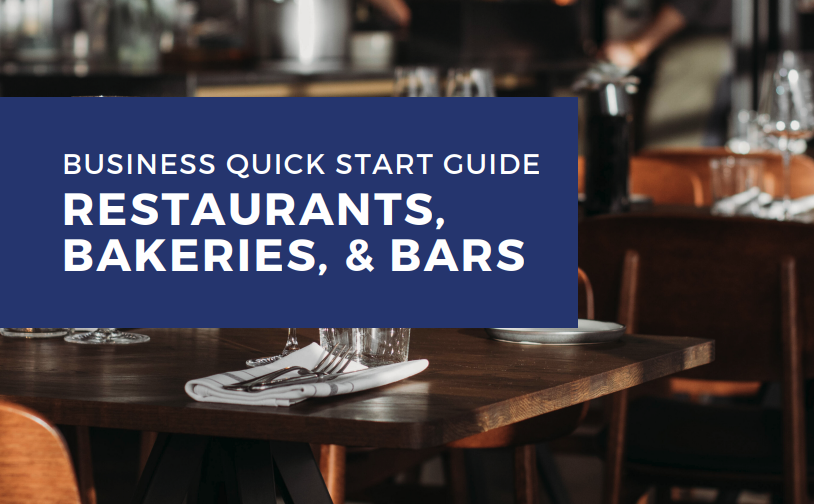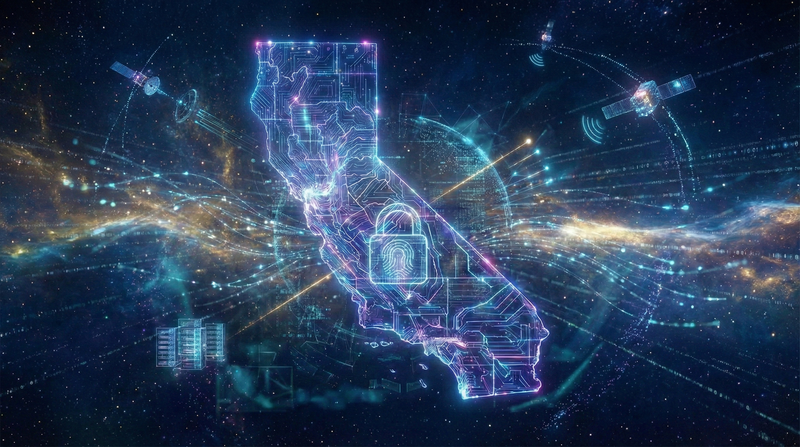How to open a bar in California: A legal checklist
Learn how to open a bar in California with our step-by-step legal checklist. From alcohol licenses and health permits to zoning and insurance, here's everything you need to launch your bar legally and confidently in 2025.
Starting a bar in California is an exciting business opportunity — but navigating state and local regulations is essential. This guide walks you through the legal steps needed to open a bar, including how to secure your alcohol license, meet food safety standards, and register your business.

1. Draft a Business Plan
While not a legal requirement, a business plan helps clarify your vision, budget, and licensing roadmap. Include details like your target clientele, bar concept (e.g. wine bar, sports bar, speakeasy), startup costs, and marketing strategy.
2. Choose a Legal Business Structure
Your bar's business structure affects your taxes, liability, and paperwork:
- Sole Proprietorship: Easy setup, but no liability protection.
- Partnership: Great if co-owned, but partners share liability.
- LLC: Combines flexibility with liability protection.
- Corporation: Ideal for businesses planning to raise investment or scale.
3. Register a Fictitious Business Name (DBA)
If your bar operates under a name other than your legal name or business entity name, you must file a DBA with your county.
4. Obtain Federal and State Tax IDs
- Federal Employer Identification Number (EIN): Required for hiring, taxes, and banking. Apply at the IRS EIN portal.
- California Franchise Tax Board: Register with the FTB.
5. Secure Required Licenses and Permits
State-Level Requirements:
- Seller’s Permit: Required to sell taxable goods, including alcohol. Apply via the CDTFA.
- Alcohol License: Apply through the California Department of Alcoholic Beverage Control (ABC).
- Use their new digital resources to navigate the ABC Act (2025), or
- learn how California alcohol laws changed in 2025.
- Food Safety Certification: If your bar serves food, at least one employee must be certified, and all others must have a Food Handler Card.
Local-Level Requirements:
- Business License: Apply through your city or county.
- Health Permit: Local health departments inspect for compliance.
- Zoning Approval: Confirm that your bar’s location meets zoning rules.
- Building Permits: Required for renovations or new construction.
You can use CalGOLD to find local permit requirements by business type and location.
6. Follow Employment Laws (If Hiring Staff)
If you’ll be hiring bartenders, servers, or kitchen staff:
- EDD Registration: Register as an employer with the Employment Development Department.
- Wage & Hour Laws: Follow DIR guidelines.
- Workers' Comp Insurance: Required by law. Learn more from the Division of Workers’ Compensation.
7. Understand Proposition 65
Bars may expose customers to chemicals (like those in alcohol or cleaning supplies) that fall under Proposition 65. If so, you must provide a clear warning.
8. Get the Right Insurance
Insurance is essential for bars due to higher liability risks:
- General Liability Insurance
- Liquor Liability Insurance
- Workers’ Compensation Insurance
- Property Insurance
9. Pass Health and Fire Inspections
Before opening, your bar must pass:
- Health Department Inspection (especially if you serve food)
- Fire Department Inspection (for occupancy and safety compliance)
10. Set Up Banking and POS Systems
- Open a business bank account.
- Install a point-of-sale (POS) system for inventory and transactions.
- Register to collect sales tax with the CDTFA.
11. Take Advantage of Support Resources
- Small Business Development Centers (SBDC): Offer free guidance for bar owners — find your nearest SBDC.
- CalOSBA Centers: Get personalized, no-cost consulting — visit the CALOSBA directory.
12. Bonus: Know Your Local Drinking Zone Rules
Opening a bar in an “Entertainment Zone”?
Learn how to navigate local outdoor drinking regulations, and check out California’s latest entertainment zone participation tools launched in 2025.
Conclusion: Your bar, your blueprint
Opening a bar in California takes more than a great cocktail menu — it requires a solid understanding of the legal landscape. By following this checklist and tapping into the state’s small business resources, you can launch your bar with confidence and compliance. Whether you're opening a trendy wine lounge or a neighborhood dive, your success starts with the right foundation.
Related Guides for Starting a Business in California
Thinking about exploring other industries too? Check out our step-by-step legal guides for launching different types of businesses in California:
- How to open a coffee shop in California — Your legal checklist for brewing up a compliant and successful café.
- How to start a catering business in California — From food safety to permits, everything you need to get your catering business off the ground.
- How to start a bakery in California — A guide to legally launching your dream bakery in the Golden State.
- How to open a food truck in California — Your legal checklist for opening a mobile food business in the Golden State.
Whether you're planning a cozy espresso bar or a full-service kitchen, these resources help you stay compliant from day one.







